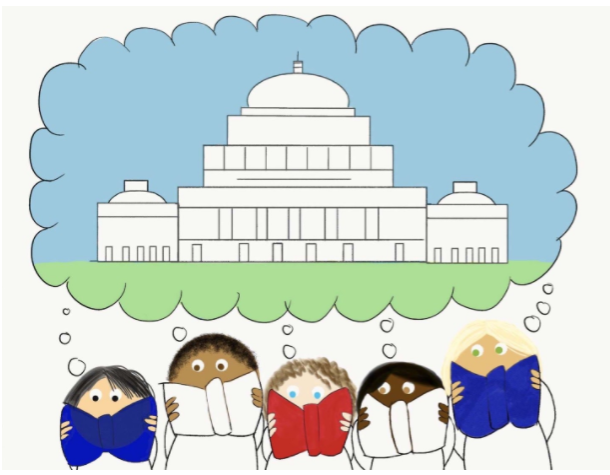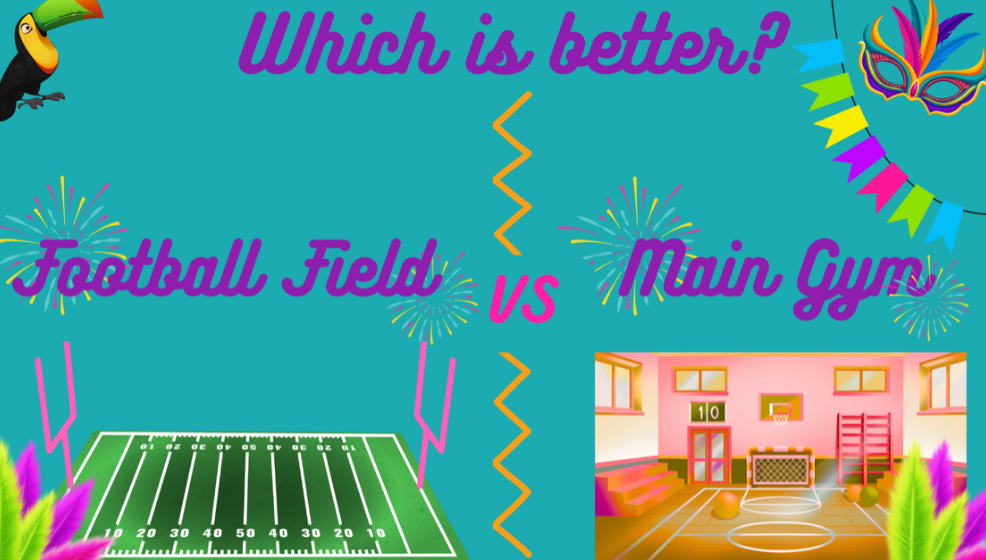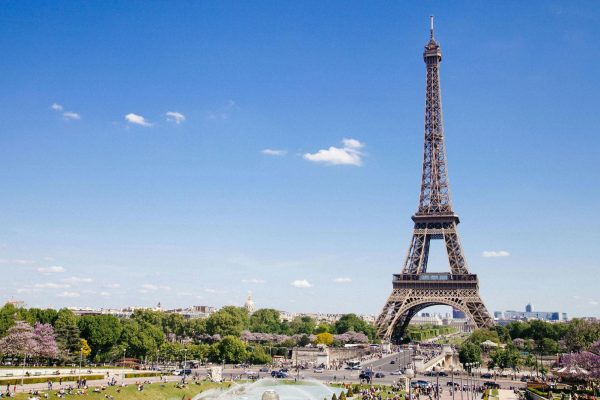Should the events at the capitol go down in history as acts of patriotism?
On Jan. 6, 2021 Trump supporters stormed the capital buildings in Washington DC. In the aftermath, we are left with the deciding how to remember these acts. Drawn by Erin Slaten.
February 4, 2021
It is a given that the events that occurred at and inside of the Capitol building will go down in history. The way they will be categorized and perceived by future historians and students is not something that can be answered with complete certainty. Rather, it is important to answer this question by breaking it down into smaller (but just as important) questions before coming to a logical conclusion.
To determine whether or not the events at the Capitol should be considered acts of patriotism, we must first understand what patriotism is. While the answer to this question may be broad, it can be umbrellaed under three common themes mentioned throughout the interviews: respect, pride, and a sense of betterment.
Sophomore John Vranas defines patriotism to be “respecting your freedoms, using them, being grateful for what you have, and acknowledging you are living in the best country in the world.” This covers the basic core values of pride and respect that we as Americans have for our country.
However, Junior Aleksa Kirkus has a different definition of patriotism.“There’s a difference between I love my country so much that nothing should change opposed to I love my country and recognize it needs to be changed for the better.” Kirkus said.
To be a good patriot, we must not be blinded by our love for our country, but rather channel that love into making positive changes within it.
Going off of the definition we’ve now crafted regarding what patriotism entails, we can now see if it resonates with the events at the capitol. While there were individuals in Washington D.C who were respecting their freedoms by listening to speeches and participating in peaceful protests, the breaking into the capitol, looting, obstruction of government affairs, and violence were not patriotic acts. Instead, they were criminal acts which reflected poorly on those three core values I mentioned before.
There was no respect, there was no pride, and there was no purpose of our country’s betterment in mind.
There are excuses that can be made to justify those criminal acts: “The violence can be ignored if the message is important” or “There was fraud involved in the election therefore action was necessary”. However, if that “important message” is one promoting white supremacy, false claims, and an illogical revolution, there is no justification for the terror and fear caused by those riots.
Now that we’ve classified the riots to be non-patriotic, we must examine what led up to this riot to prevent the same mistakes from occurring in the future. It is important to note that there wasn’t a sole reason for the riots, but rather a combination of factors that led to them.
“I think that the president’s comments were inflaming and irresponsible; however, people are still left to make the decision themselves to commit that violent act.” LHS U.S. History teacher, Rick Runaas said.
While former president Donald Trump may have lit the match and misused his position of power to fuel the fire, it was the people at the capitol who are responsible for setting the fire ablaze, as we have control over our actions. It comes down to a sense of individual responsibility.
Vranas elaborates on that sense of individual responsibility. “This is what happens when you are not able to have an independent thought and think outside what’s being fed to you”. Vranas said.
One of the most important things we can do as individuals is educate ourselves, listen to people’s stories, and not retire in an echo chamber filtered to match someone else’s beliefs or values. Even by being teens in today’s society, we have a responsibility to educate ourselves and be open-minded so that when we enter adulthood, our acceptance will persevere.
So to conclude, the events at the capitol should not go down in history as acts of patriotism, but rather a stain in our books that needs to be effectively cleaned through acceptance, education, and tolerance, so that we use the freedoms we’ve been granted in a just manner.







